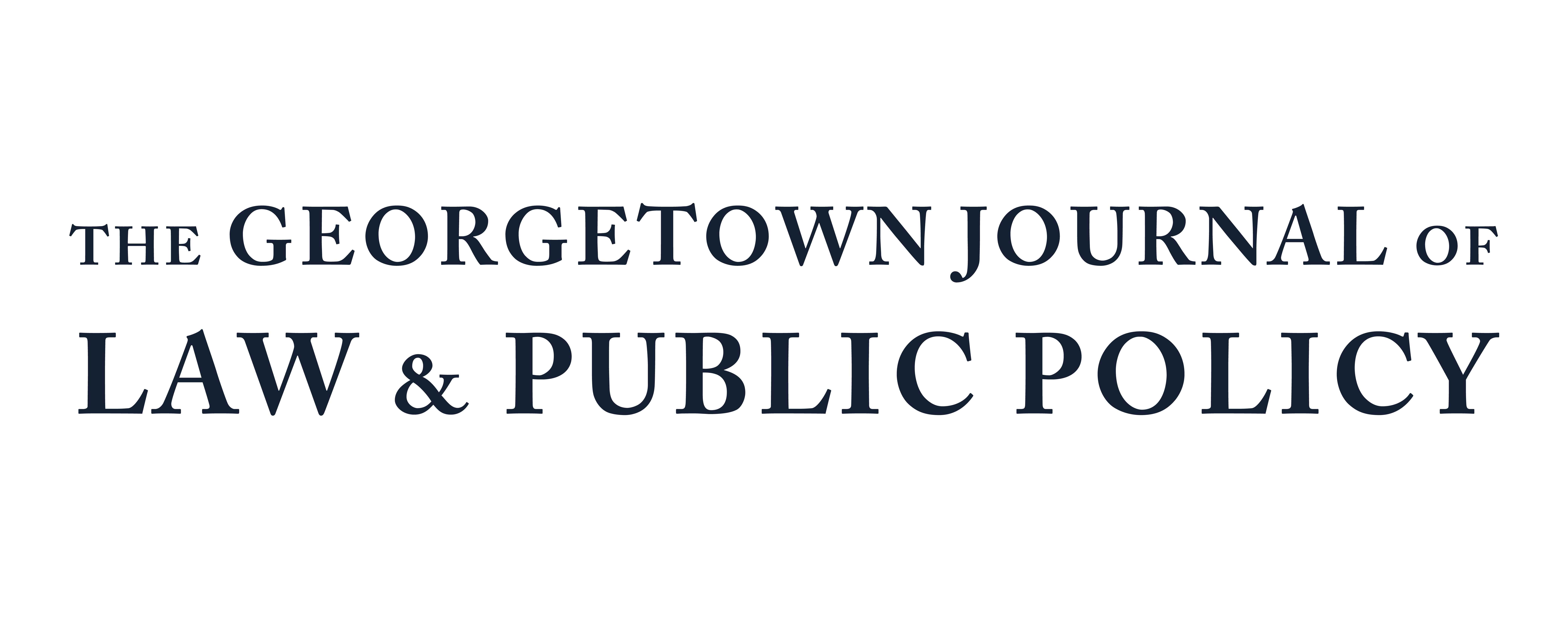Inconvenient Federalism: The Pandemic, Abortion Rights, and the Commerce Clause
When United States presidents perceive a crisis, they tend to hide their eyes from the limits of federal power in our constitutional system. Former President Donald Trump and President Joe Biden are no exception. As the COVID-19 pandemic ravaged the nation’s health, its economy, and his own re-election prospects, President Trump claimed “total” control, suggesting that he could compel state governors to let businesses re-open in their states. And when a Texas abortion prohibition initially evaded challenge in federal court, President Biden renewed his commitment to codifying Roe v. Wade, indicating that he would work with Congress to force every state to permit abortion on the Federal Government’s terms.
The Founders, though, did not establish a paternalistic relationship between the Federal Government and the states. “Article I contains no whatever-it- takes-to-solve-a-national-problem power,” the dissenting Justices rightly explained in National Federal of Independent Business v. Sebelius. The Federal Government’s power is limited to what is delegated in the Constitution, and the states are sovereigns, too. When a federal statute conflicts with a state law, the federal statute emerges triumphant only when it is tethered to power that the Constitution delegates to the Congress. An unmoored federal law is no law at all.
Thus, for the Federal Government to force states to re-open their economies in the midst of a pandemic or to allow abortion within their borders without restrictions deemed undesirable, Congress must act pursuant to one of its dele-gated powers. For re-opening legislation, Congress’s power to regulate inter-state commerce seems the most likely choice, and the Women’s Health Protection Act (“WHPA”), legislation that has been introduced and reintroduced in Congress many times over the years to codify Roe and eliminate certain state law restrictions on abortion, explicitly “invokes” the Commerce Clause as a source of congressional power.
This Article considers whether the Commerce Clause supplies the power necessary for hypothetical re-opening legislation and WHPA. The United States Supreme Court’s steady march to interpret the Clause more and more broadly suggests an easy answer. But decisions from long ago describe foundational limits that the Court has not disavowed: the states enjoy nearly exclusive power to authorize businesses to operate within state boundaries, Congress does not have the power to regulate the practice of medicine directly, and a state’s power to define and punish violent crime is sacrosanct. Consequently, this Article concludes that sweeping re-opening legislation and WHPA stretch the Commerce Clause beyond its breaking point.
Keep Reading Inconvenient Federalism: The Pandemic, Abortion Rights, and the Commerce Clause
Subscribe to GJLPP
